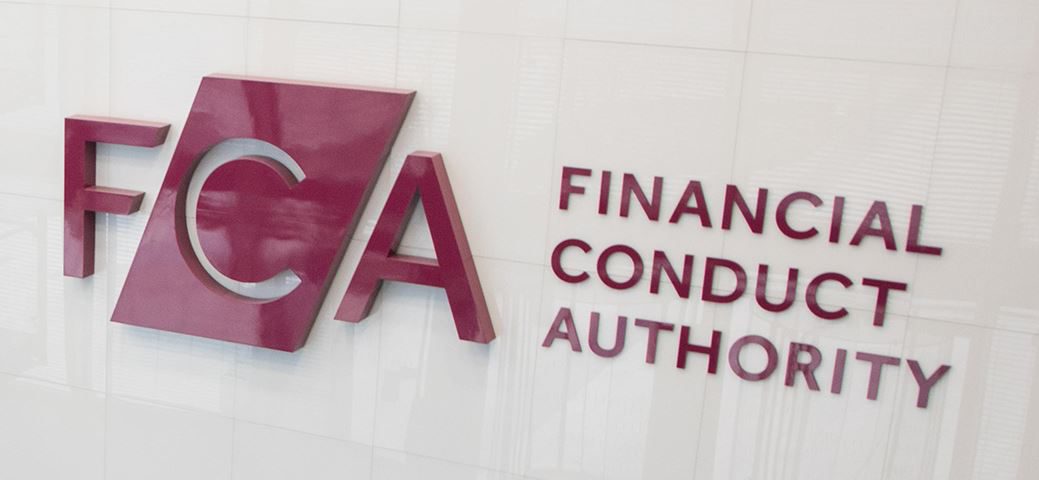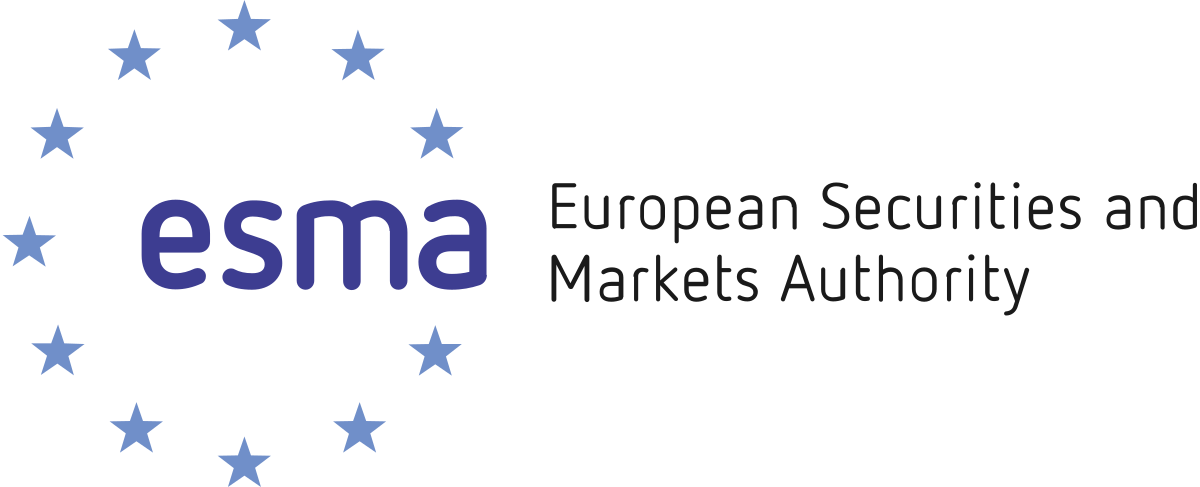On June 2, 2021 the OFAC sanctioned three Bulgarian individuals for their extensive roles in corruption in Bulgaria, as well as their business networks encompassing 64 entities. This constituted the largest Global Magnitsky action taken on a single day in the history of the program. By applying their laws extraterritorially, the United States seeks to police and prevent serious human rights abuses and large-scale corruption. By imposing tangible and significant consequences on perpetrators’ property and interests, the US protects not only its interests, but also the global financial system. At the same time, designated sanctions raise many questions when it comes to legality, justice and compliance, especially when it comes to local markets and smaller businesses.
Continue reading…
Gone are the days when organisations could simply promise a speak up culture. Today, fostering a culture of trust, integrity, and a positive work environment…
Download whitepaper











